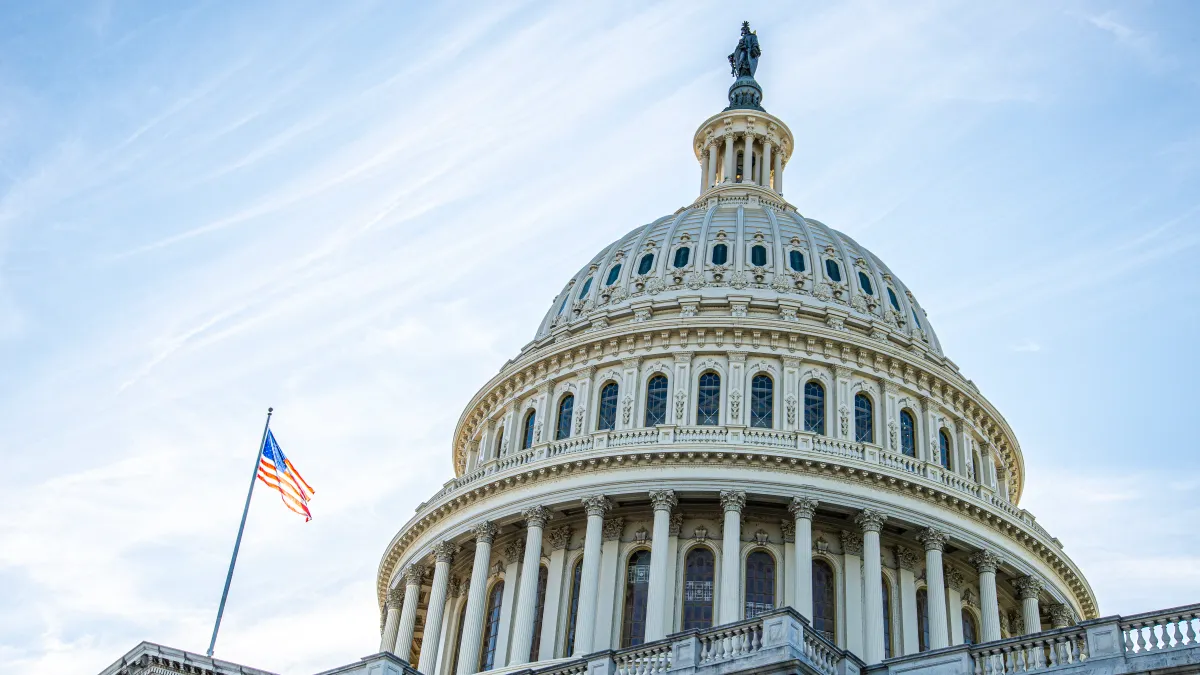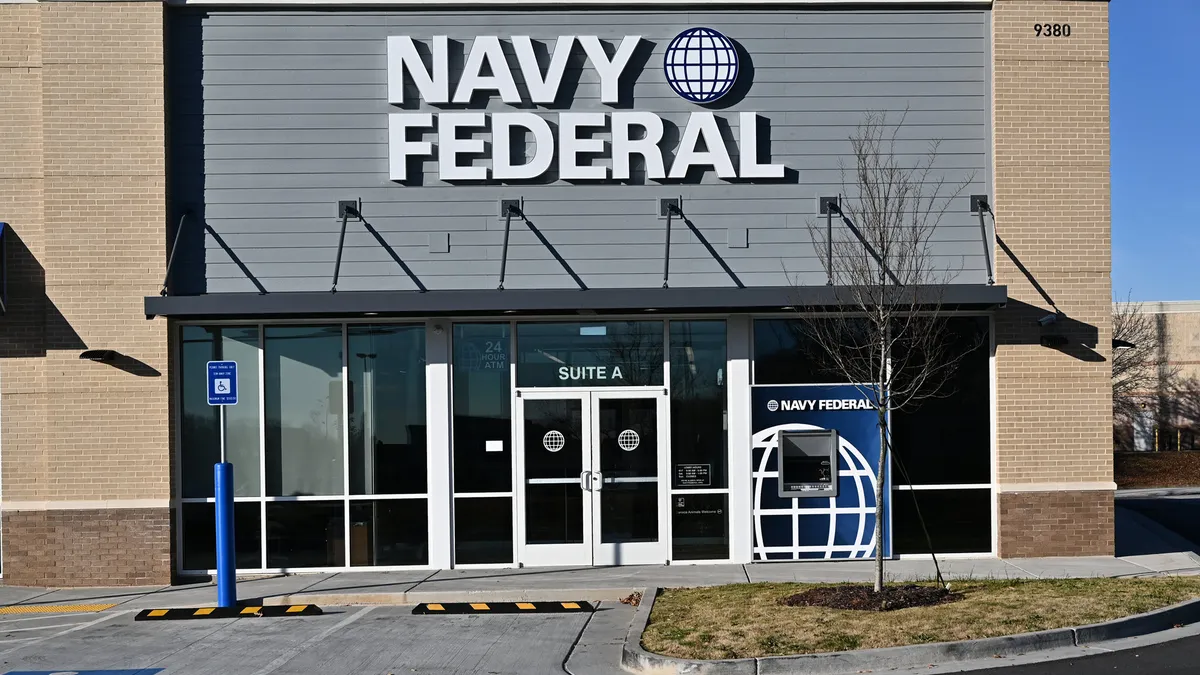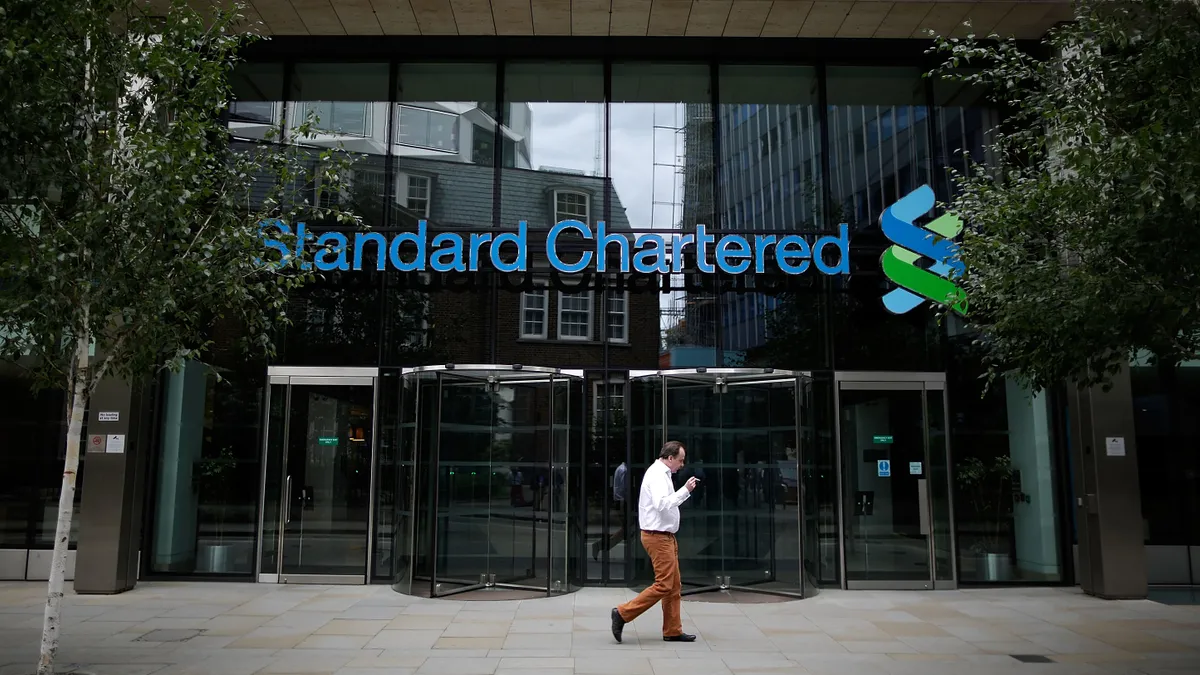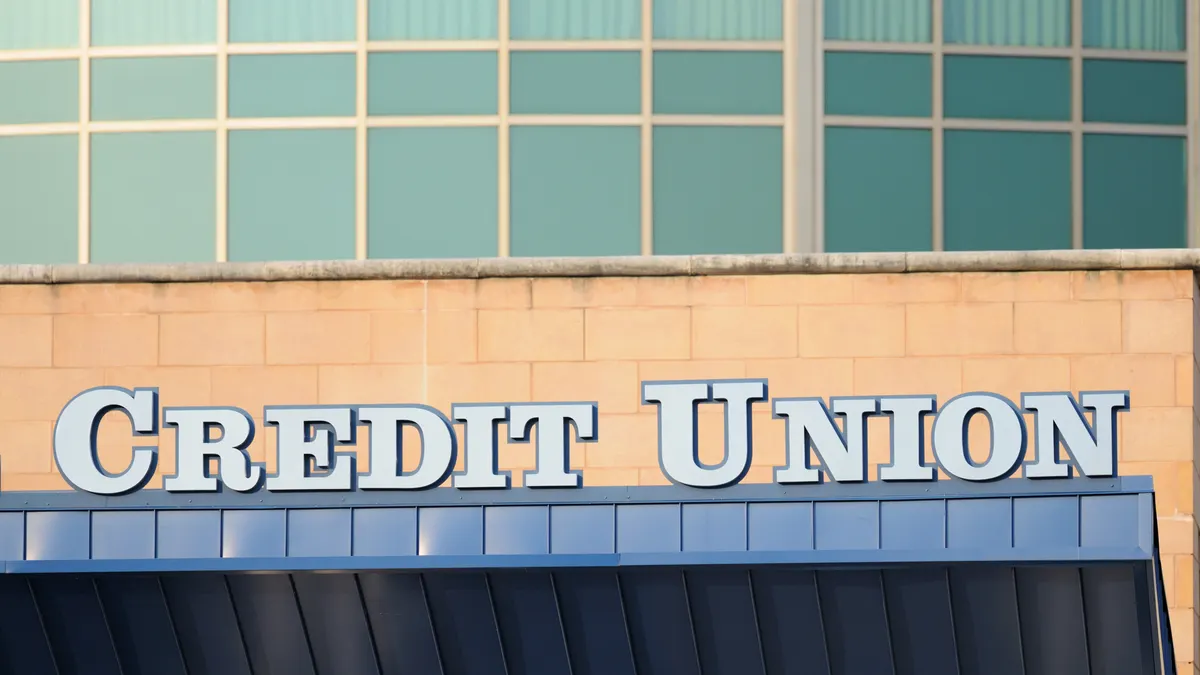Bank trade groups are pushing back on a provision in the 2023 defense spending bill they say would subject financial institutions to duplicate reporting and compliance requirements, as well as increased risk.
At issue is language in the House-passed National Defense Authorization Act (NDAA) that would create a designation for systemically important entities (SIEs), and require them to report certain information to the Cybersecurity and Infrastructure Security Agency (CISA).
That provision, the Bank Policy Institute (BPI) and the American Bankers Association (ABA) argue, would add an additional layer of reporting requirements for banks.
In a joint letter sent to the chairs and ranking members of the Senate Armed Services and Senate Homeland Security and Governmental Affairs Committees on Friday, the trade groups said they support efforts to improve the identification and risk assessment of critical infrastructure, but they believe the provision, as written, “would duplicate existing designations without addressing gaps in government efforts to help protect private critical infrastructure from national security threats.”
The SIE provision would essentially make CISA an additional regulator to which banks would need to report, said Heather Hogsett, BPI’s policy lead.
“If you think about all of the different regulations for cybersecurity, the reporting that goes along with that, the oversight and examination that firms comply with, we see this SIE provision in essence, duplicating that by adding CISA as yet another regulator on top of what we already do,” she said.
Hogsett said the trade groups are concerned the additional reporting requirements could redirect the focus of a bank's front-line cyber defenders from protecting the firm to meeting the additional government reporting requirements. Some banks might also need to increase their cybersecurity staff as a result, Hogsett added.
“If you follow some of the challenges with the cyber workforce, we have a shortage of qualified professionals for a number of these important roles, so it's a challenge because it's going to divert firms’ eyes potentially from areas where they feel they should really be focused, particularly in today's threat environment,” she said.
While language in the bill calls for coordination between CISA and industry regulators to eliminate duplicate reporting and compliance requirements, the groups say banks would still be burdened with additional reporting.
“Given the nature of financial regulations and the information CISA would require, however, a financial firm would have to prepare completely different reports to CISA,” the groups wrote. “We would welcome a dialogue on how we can continue to inform CISA’s risk analysis efforts, but legislation should exempt regulated financial institutions from new reporting requirements.”
Increased risk?
The groups also believe the legislation could potentially increase risk to financial firms, given the type of sensitive information the bill would require banks to report to CISA, Hogsett said.
“[The bill] refers to having the critical infrastructure company identify their critical assets, system, suppliers, technologies, software, services, processes or other dependencies,” Hogsett said. “These are the kinds of things that firms go to great extent to keep secure within the firm, because if they were inappropriately disclosed, it's in essence offering an attacker a roadmap to take down your bank or a critical system for you.”
In their letter, the trade groups said the legislation does not specify what CISA would do with such information, nor how it would be shared or protected against disclosure.
“Financial services is often acknowledged as being among the best protected sectors, given the robust regulatory requirements that we already have,” Hogsett said, adding the goal of the NDAA’s SIE designation may be to raise the bar for other sectors.
“That would undoubtedly be a benefit to all of us,” she said. “However, we shouldn't further complicate and create challenges for financial institutions in the process of raising the bar for others.”
In addition to the reporting and risk concerns, the groups expressed a desire for the banking industry to receive more intelligence support from the government.
“We've been asking for a number of years for greater intelligence support from the government for firms to help combat these threats that are oftentimes originating overseas, and we would like to see that incorporated into any sort of legislation addressing systemic cyber risks to our critical infrastructure,” Hogsett said.






















